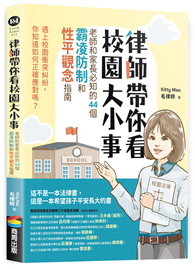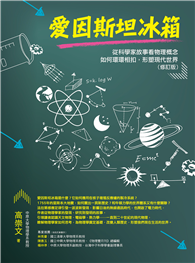The epidemic of atherosclerosis is recognized by the World Health Organization as a global threat, and is considered a potent independent risk factor for a cardiac event and a coronary heart disease equivalent. To determine the effectiveness of an educational program on atherosclerosis risk factors in patients at the Physician’s Office, a quasi-experimental intervention study was conducted with 35 patients between the ages of 30 and 70 years dispensed at risk for atherosclerosis. Based on the needs identified, an educational program was designed and implemented. The proposal implemented had a favorable impact on the patients, since positive modifications were made in their lifestyles.
| FindBook |
有 1 項符合
Atherosclerosis的圖書 |
 |
Atherosclerosis 作者:Hernández Uz 出版社:Our Knowledge Publishing 出版日期:2024-03-26 語言:英文 規格:平裝 / 72頁 / 22.86 x 15.24 x 0.43 cm / 普通級/ 初版 |
| 圖書館借閱 |
| 國家圖書館 | 全國圖書書目資訊網 | 國立公共資訊圖書館 | 電子書服務平台 | MetaCat 跨館整合查詢 |
| 臺北市立圖書館 | 新北市立圖書館 | 基隆市公共圖書館 | 桃園市立圖書館 | 新竹縣公共圖書館 |
| 苗栗縣立圖書館 | 臺中市立圖書館 | 彰化縣公共圖書館 | 南投縣文化局 | 雲林縣公共圖書館 |
| 嘉義縣圖書館 | 臺南市立圖書館 | 高雄市立圖書館 | 屏東縣公共圖書館 | 宜蘭縣公共圖書館 |
| 花蓮縣文化局 | 臺東縣文化處 |
|
|
圖書介紹 - 資料來源:博客來 評分:
圖書名稱:Atherosclerosis
|











